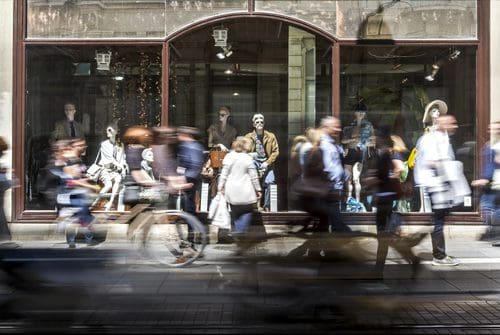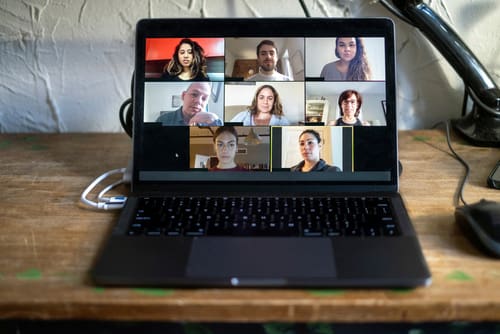
Dear Therapist;
I live in a State that remains in lockdown. A few things are reopening, but the “shelter in place” order is still active and we are pretty much housebound in our community over 60 days at this point. I have family in other parts of the country that are enjoying dinner out with their friends, getting their hair and nails done, and living life somewhat back to the way it was just a few months ago. I am happy for them, but it also sort of ticks me off to not be able to have my freedom to move. It’s hard for me to be happy for them when I feel stuck. I guess I am envious. How do I keep it together?
Sincerely, Sick of It
I hear you. I think it’s wonderful you can admit to feeling envy for people in other areas gaining their freedom to move and get back to their lives. However, many people feel the risks they are undertaking is not worth it for their health or the health of others. Yet, it also is getting old to simply be indoors with take away, cooking, and watching movies and shows with the same people for months on end.
This pandemic is all about the other and the collective health of society and much less about ourselves as individuals. The problem in America is we are all about the individual and take very little care of the other. And this bears out in so many aspects of American life, but is now in full political mode as people exert their rights over the good of public health. So, continuing to shelter in place for the good of others as many Americans are given the freedom to live as we believe as Americans — for ourselves — makes it even more difficult.
Socialized nations, like Australia and New Zealand and countries in Europe, suffered with not being able to move as well, but believe that society and community comes first over themselves as individuals. In this way, it is easier to shelter in place because the entire nation has the ethos and is in it together.
There is not much we are in together as Americans anymore. The divide between the good of all v. our own personal good is on the line in a way that it has never been before. I hear in your question the desire to care for your community, and, at the same time, your envy of those who can move as we all believe we should. Being envious of this movement after months cooped up is completely understandable.
However, given you have acknowledged your envy, perhaps now frame it for yourself in a new way. Each day you maintain shelter in place you seek to protect and care for your fellow members in society. Something sorely lacking in America today. The notion of kindness is extended in this way. Although difficult, it may make it a little more bearable to remain sheltered in place even as you see your friends and family move with freedom right now.
I feel your envy, your stagnation, and frustration. It’s becoming a lot, but keeping the bigger picture in perspective will hopefully help you hold the breath a little longer. I hope your friends and family in other parts of our nation remain healthy and safe too.





